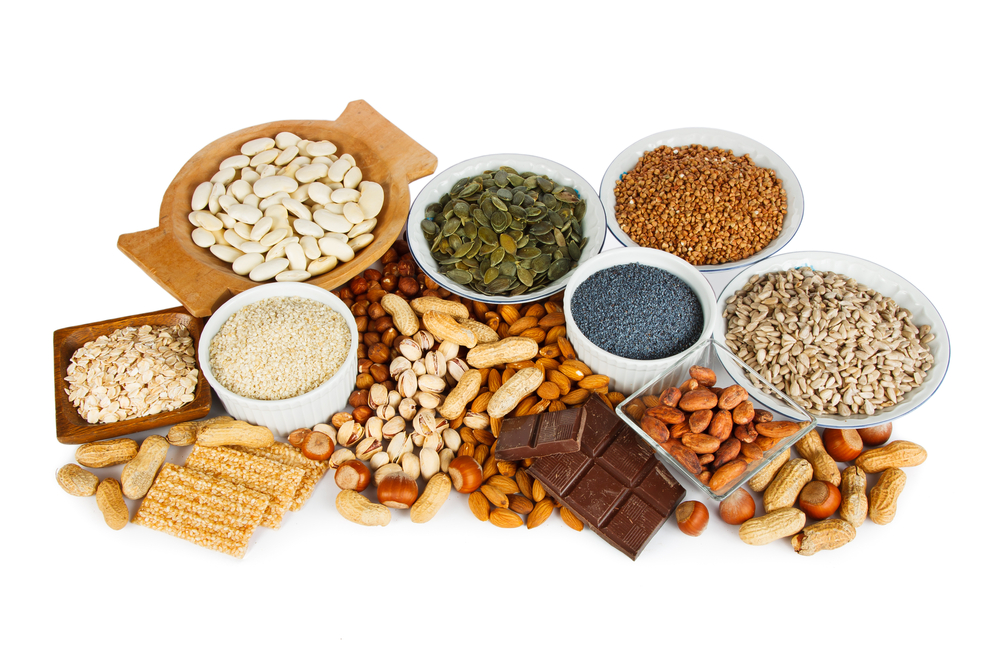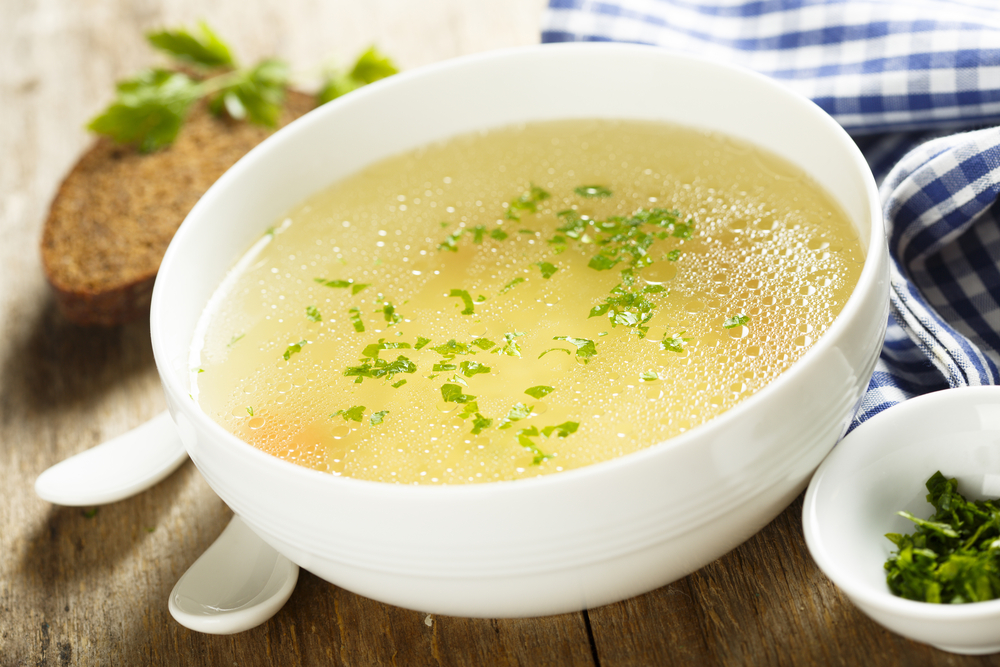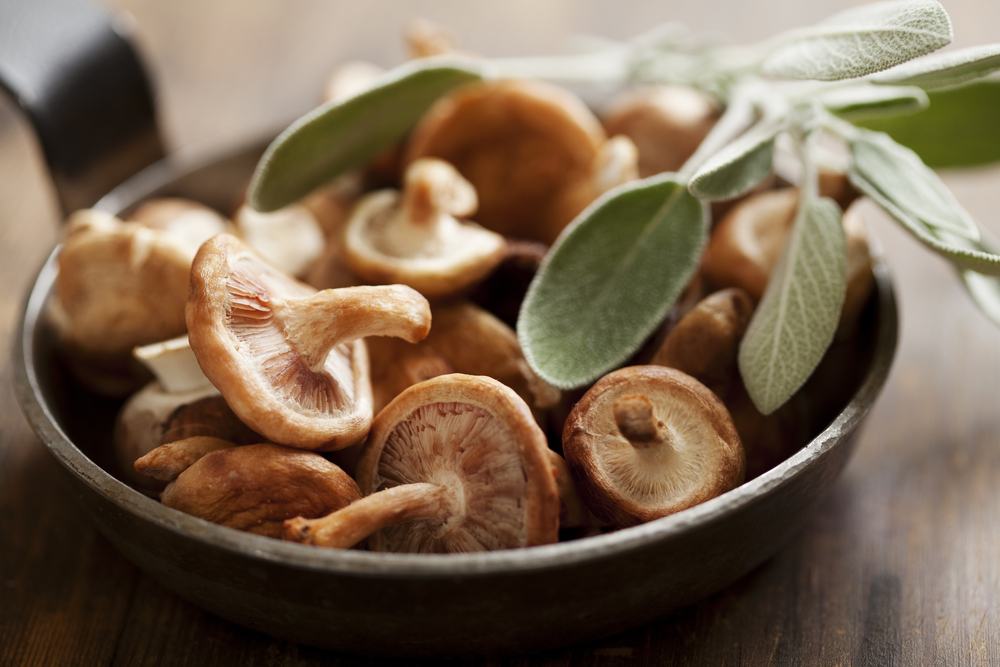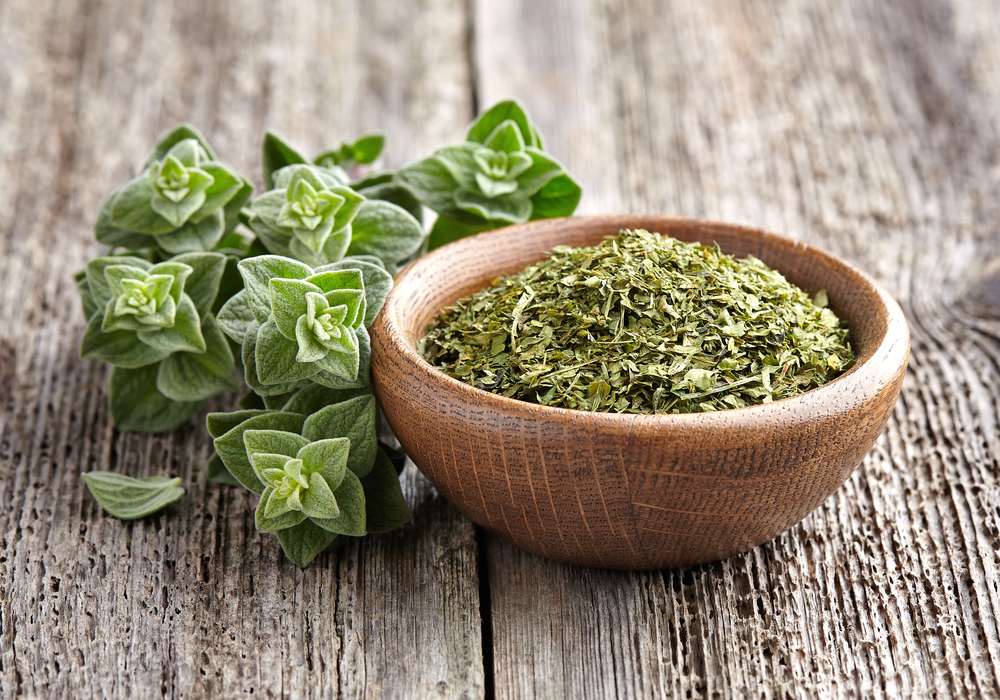It’s that time of year again when coughs, colds and respiratory infections are rife.
Clinical nutritionist, Suzie Sawyer, shares her nutritional fixes for helping to protect yourself against unwanted invaders.
Keep calm and eat more magnesium

Easier said than done at the moment! However, stress is known to deplete the immune system and put us more at risk of infection. Make it a priority in your life to put measures in place to support your mind and body.
Lack of sleep is one of the biggest anxiety-inducing factors. The mineral magnesium (nature’s natural tranquiliser) is frequently deficient in both men and women, making us less able to deal with stress and anxiety. Plus, the more stressed we are, the more magnesium we use up.
The best food sources of magnesium are green leafy vegetables, avocados, lentils, all types of beans, chickpeas, almonds and even dark chocolate. Try to include some of these foods in your diet daily. And if you’re having trouble sleeping, take a magnesium supplement with your evening meal to provide further support.
Cook up some broth

Not just a favourite of the older generation but also backed by robust research, chicken broth really does help to fight viruses. And this effect is further enhanced by adding immune-boosting ginger and turmeric to the broth. Chicken contains the protein cysteine, which increases production of viral-fighting white blood cells, helps clear mucous, and supports liver detoxification.
To make a nutrient-rich broth, it’s essential to boil up the whole chicken, ideally with some onions, garlic and herbs. That way you benefit from the nutrients found naturally in chicken bones. It also gives the soup more flavour. Use the cooked chicken, herbs (including sage), carrots (rich in immune-boosting beta-carotene) and celery to produce a tasty and super-healthy broth.
Go for mushrooms

Boasting a unique flavour and texture, shitake mushrooms have been found to have anti-viral properties. They also contain some vitamin D, essential for a healthy immune system. Although we make most of our vitamin D from the action of sunlight on our skin, certain foods contain limited amounts. So, it is worth including them in your diet if you can.
While shitake mushrooms provide a really tasty addition to soups or stews, they are delicious simply pan-fried on their own. So next time you’re about to buy button mushrooms, dare to be different and opt for shitake to help support your immune system.
Opt for oregano

A pungent herb, commonly found on pizza toppings and often used in stuffing, oregano has wonderful anti-viral qualities. It’s most effective when eaten at the first sign of a cold because it helps uprate white blood cell production – essential for fighting viruses.
As with most herbs, there’s no right or wrong way of enjoying oregano; sprinkle liberally on cheesy-type bakes or add to typical Italian dishes such as Bolognese and lasagne. Oregano can also be taken in supplement form and will help protect the digestive tract from unwanted invaders.
Love yoghurt

Natural yoghurt is another easy win! Not only is it a great source of bone-loving calcium, and energising B-vitamins, it works from the inside out in terms of supporting the immune system. It’s all down to the friendly bacteria that naturally proliferate in live yoghurt. These can help boost the friendly bacteria that inhabit the gut which play an important part in good immune health.
Yoghurt can also help protect the digestive tract from nasty gastrointestinal infections, which are always more prevalent at this time of year. And best of all it’s easy to incorporate yoghurt into your daily diet. Add it to your morning cereal, porridge or bowl of berries, and sprinkle it with seeds for a super-healthy start to the day.
So, try some of these nutrition tips this winter and put yourself in the best position to stay healthy.





























Add comment